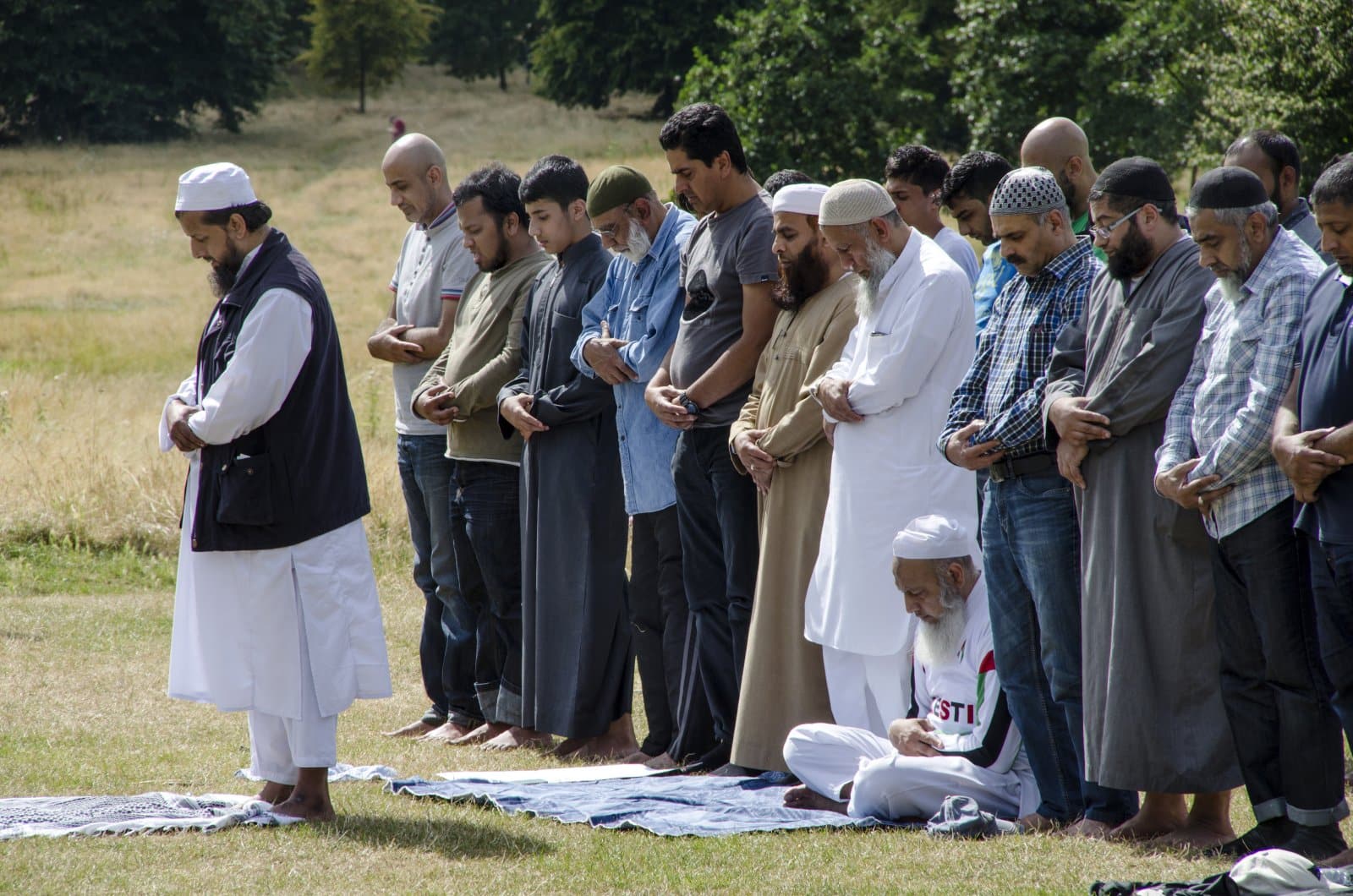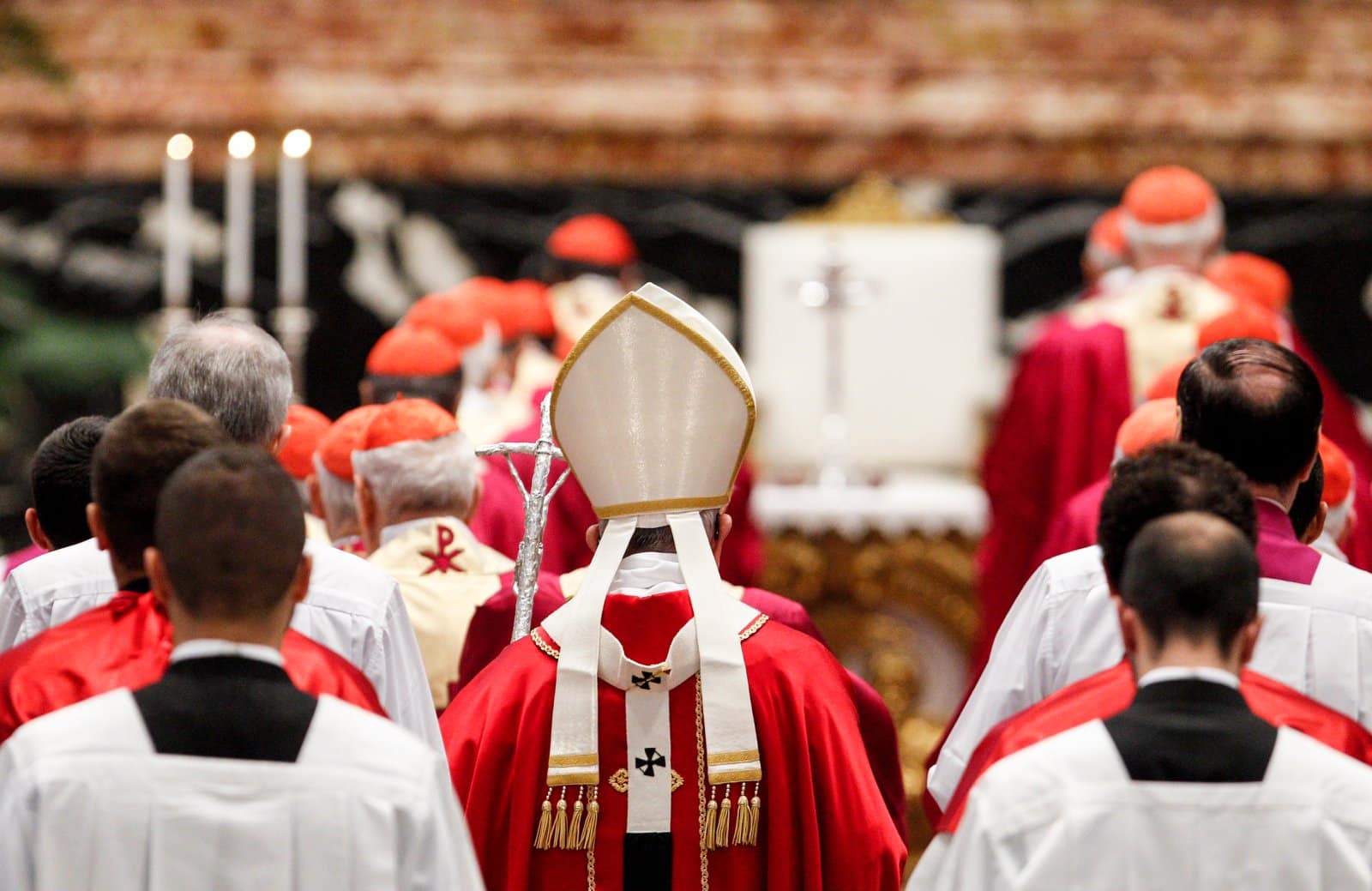Ever pondered the financial side of practicing different faiths? Today, we’re delving into the costs involved in various religions, from the most economical to the priciest. Are you ready to uncover the cost of enlightenment?
#1. Unitarian Universalism

With an emphasis on personal exploration and social justice, Unitarian Universalism typically involves minimal financial commitments beyond voluntary donations.
#2. Buddhism

Many Buddhist traditions focus on simplicity and meditation, requiring minimal financial contributions for temple upkeep and community support, often around $20-$50 per month.
#3. Hinduism

While Hindu practices can vary widely, many temples rely on donations rather than fixed membership fees, making it relatively affordable to practice, with suggested donations ranging from $10-$100 per visit.
#4. Wicca

Wiccan practices often involve personal rituals and ceremonies, with minimal costs beyond purchasing basic supplies like candles and herbs, typically amounting to $50-$100 per year.
#5. Jainism

Jainism emphasizes non-attachment and simple living, with practitioners typically making modest donations to support temples and charitable causes, averaging around $100-$200 annually.
#6. Bahá’í Faith

Members of the Bahá’í Faith are encouraged to contribute to community funds and charitable projects but are not required to tithe a fixed percentage of their income, with suggested donations varying based on individual circumstances.
#7. Sikhism

Sikhism promotes equality and service, with practitioners contributing to community kitchens (langars) and making voluntary donations to support gurdwaras, often ranging from $50-$200 per month.
#8. Shinto

While Shinto rituals may involve expenses like offerings and shrine visits, there are generally no fixed membership fees or mandatory financial obligations, with donations varying based on personal discretion.
#9. Taoism

Taoist practices often focus on meditation and personal cultivation, with minimal financial requirements beyond donations for temple maintenance, typically around $50-$100 per year.
#10. Christianity (Protestant)

Many Protestant denominations operate on a system of voluntary tithing, with members encouraged to donate a percentage of their income to support church activities and ministries, often around 10% of income.
#11. Judaism

While synagogue membership fees and donations are common in Judaism, the financial requirements can vary widely depending on the denomination and local community, with average donations ranging from $500-$2000 per year.
#12. Islam (Sunni)

In Sunni Islam, practitioners are required to give zakat (charitable donations) and may also contribute to mosques and community projects through sadaqah (voluntary giving), with zakat typically being 2.5% of income.
#13. Shia Islam

Similar to Sunni Islam, Shia Muslims are required to give zakat and may also make additional contributions to support religious institutions and charitable causes, with similar guidelines for zakat contributions.
#14. Christianity (Catholicism)

Catholicism often involves financial commitments such as weekly offerings, sacramental fees, and donations to support church operations and charitable works, with suggested weekly donations ranging from $20-$100.
#15. Orthodox Judaism

Orthodox Jewish communities typically have significant financial obligations, including synagogue dues, educational costs, and contributions to charitable causes, with annual dues averaging from $500-$3000.
#16. Mormonism (Latter-day Saints)

Members of the LDS Church are required to tithe 10% of their income to the church, in addition to other financial commitments such as mission expenses and temple donations, with the tithe being 10% of income.
#17. Scientology

Scientology requires significant financial investments for participation in courses, auditing sessions, and other religious services, often leading to substantial expenses for practitioners, with costs ranging from hundreds to thousands of dollars per session.
The Costs of Religious Practice

The cost of practicing religion can vary widely depending on the beliefs and traditions of each faith. Ultimately, the financial implications of religious practice are as diverse as the religions themselves.
The post Religious Practices: Ranked From Least to Most Expensive first appeared on Wealthy Living.
Featured Image Credit: Shutterstock / Joshua Davenport.
The content of this article is for informational purposes only and does not constitute or replace professional financial advice.
For transparency, this content was partly developed with AI assistance and carefully curated by an experienced editor to be informative and ensure accuracy.





